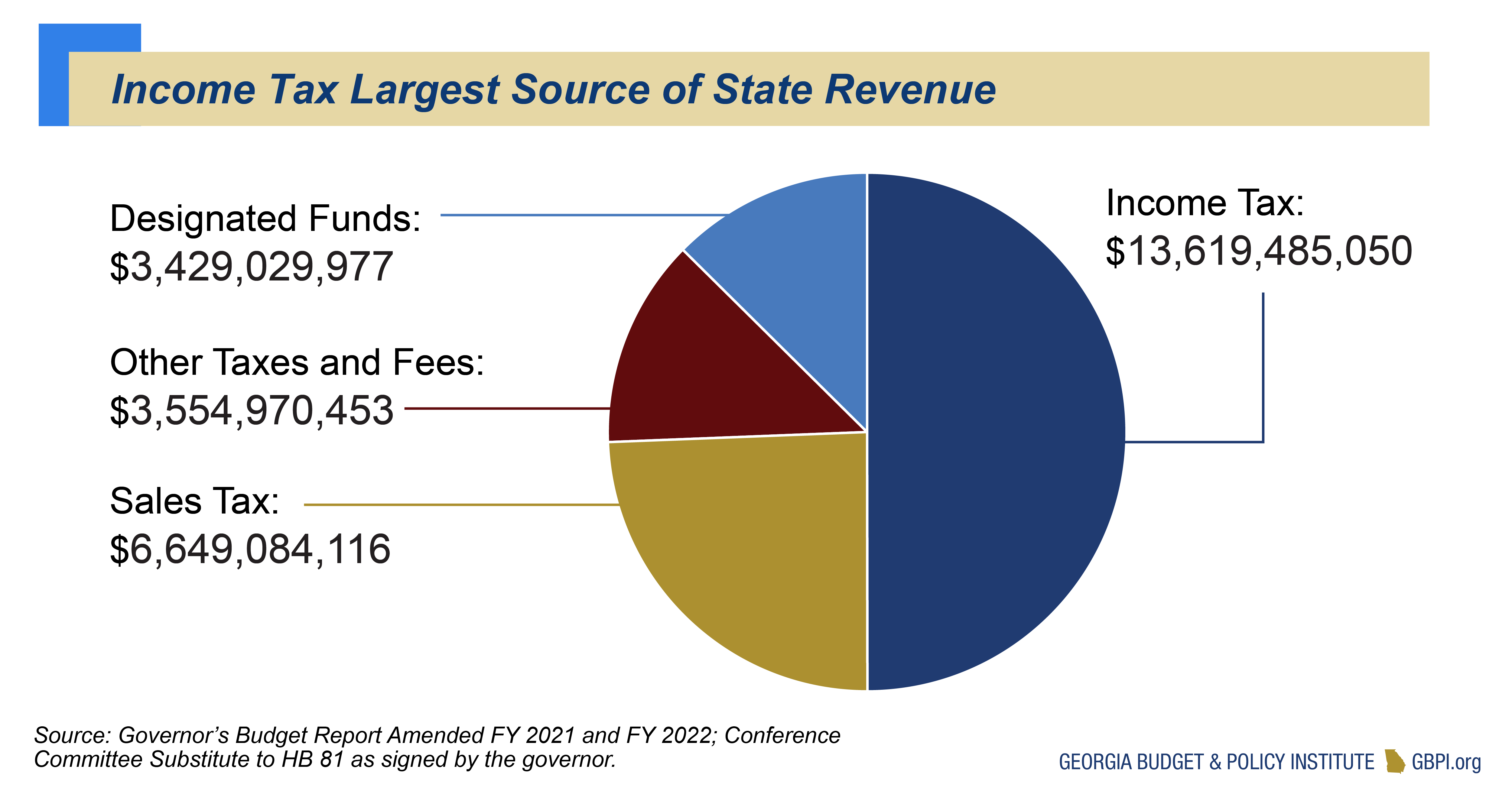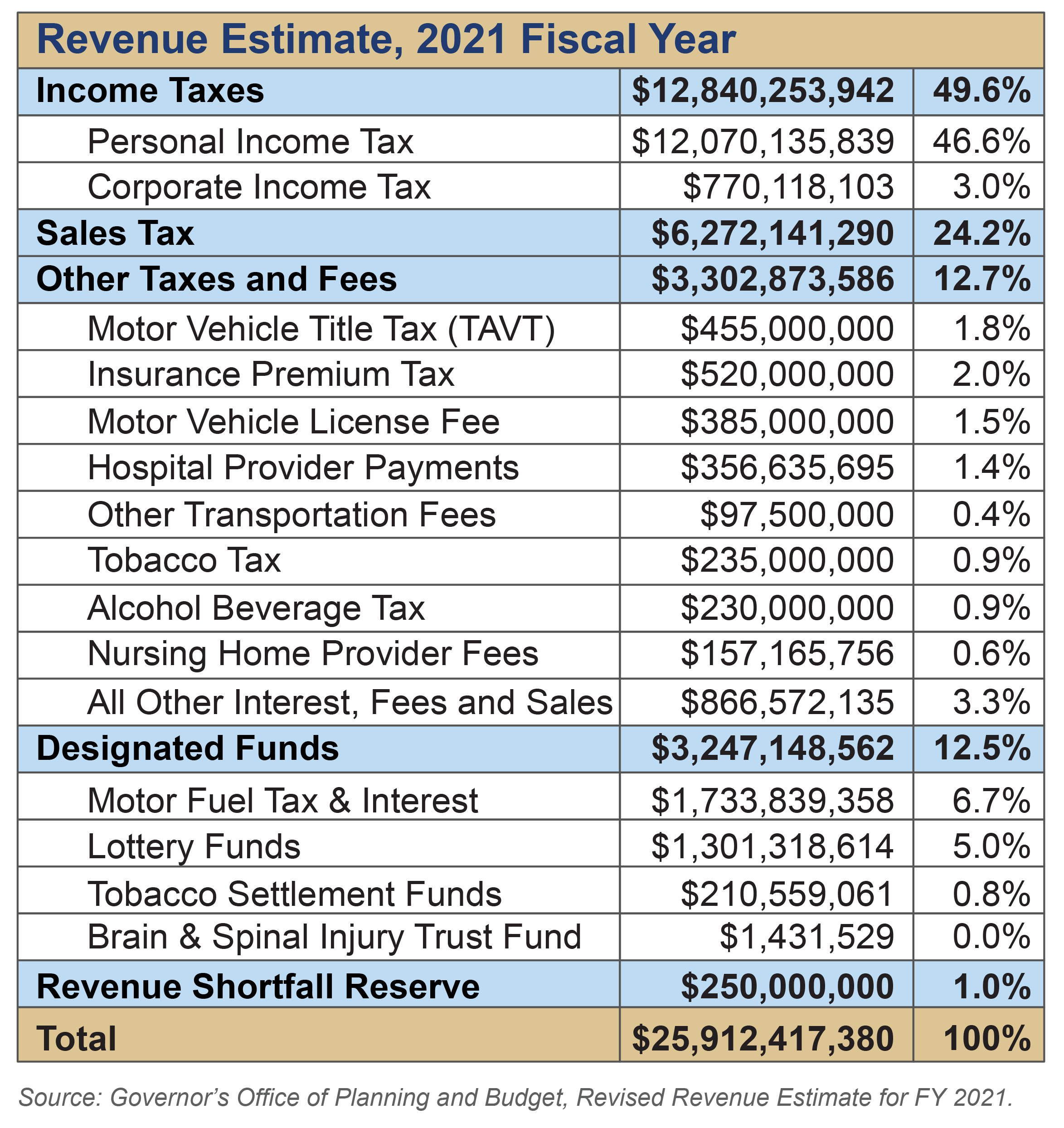Are you prepared for the intricacies of navigating the tax landscape in the Peach State? Understanding Georgia's tax system is not just about fulfilling obligations; it's about maximizing your financial well-being.
The state of Georgia, like every other state in the United States, has a complex tax system that affects both individuals and businesses. It encompasses various tax types, each designed to generate revenue for the state government and fund public services. Income and property taxes are the most common types, but Georgia also imposes a sales tax that influences consumer behavior and business operations. Knowing the details of each type is crucial for financial planning, compliance, and ensuring you aren't overpaying your dues.
Let's delve into the specifics of Georgia's tax regime, providing clarity and insights into the often-confusing world of state taxation. Before we continue, it's essential to note that local, state, and federal government websites often end in ".gov." This is an easy way to ascertain the legitimacy of any website you are visiting for tax purposes. Also, state of Georgia government websites and email systems use "georgia.gov" or "ga.gov" at the end of the address. Before sharing sensitive or personal information, always make sure you are on an official state website.
| Understanding Georgia State Taxes | |
|---|---|
| Sales Tax: | Georgia's state sales tax rate is 4%, applicable to most retail sales of tangible personal property and certain services. |
| Exemptions: | Information about sales and use tax exemptions can be found in the Official Code of Georgia Annotated (O.C.G.A.). |
| Local Taxes: | The average local sales tax rate in Georgia is 3.35%, resulting in a combined state and local average rate of 7.35%, according to the Tax Foundation. You can find sales tax rate charts by county on the Georgia Department of Revenues website. |
| Income Tax: | Georgia individual income tax is based on the taxpayer's federal adjusted gross income, adjustments required by Georgia law, and the taxpayers filing requirements. The Georgia income tax has six tax brackets, with a maximum marginal income tax of 5.750% as of 2025. |
| Tax Filing: | In Georgia, state tax returns are typically due by April 15th of the following year, with extensions available until October 15th if requested. |
The Georgia Department of Revenue (DOR) is the primary body responsible for tax collection and enforcement in the state. It offers a wealth of information for individuals, businesses, and tax professionals. If you need to know the specifics on calculating tax on motor fuel, prices and rates are also available.
The DOR's website is an invaluable resource, offering details on various taxes, including individual income tax, corporate tax, and sales tax. Its resources include tax forms, publications, and online services, making it easier for taxpayers to meet their obligations. The Georgia State Tax Calculator is also updated to include the latest federal tax rates for the tax year. State tax rates for the tax year are regularly updated as well.
Navigating Georgias individual income tax requires understanding its foundations. Your federal adjusted gross income (AGI), which is your income before taxes, forms the basis of your state income tax. You will also need to consider any adjustments mandated by Georgia law, along with your specific filing requirements. Before starting your Georgia return, its best practice to complete your federal return first.
| Georgia Individual Income Tax - Key Points | |
|---|---|
| Tax Basis: | Based on federal adjusted gross income, with adjustments according to Georgia law and the taxpayers filing requirements. |
| Tax Brackets: | The state has six tax brackets. |
| Maximum Marginal Income Tax: | 5.750% as of 2025. |
| Tax Rate (2024): | The state income tax rate is 5.39% in 2024 (taxes filed in 2025). |
| Tax Rate Reduction: | HB 111 retroactively lowered the state income tax rate from 5.39% to 5.19% on January 1st. |
| Filing Requirement: | You must file if you are required to file a federal income tax return. |
| Filing Requirement (Continued): | You will need to file a Georgia state tax return if you are a resident of Georgia or have earned income in Georgia. |
The Georgia General Assembly plays a key role in shaping the state's tax laws. Recent legislation, such as HB 111 and HB 112, passed in the latest legislative session, can impact your tax obligations. HB 111, for example, retroactively lowered the state income tax rate from 5.39% to 5.19% on January 1st, reflecting adjustments to tax laws.
When it comes to filing your Georgia state taxes, the filing deadline is typically April 15th of the year following the tax year. However, if you need more time, you can request an extension, which will extend the deadline to October 15th. This will allow you to gather all necessary documents and information to file your return accurately. When you are ready to file, remember to file your federal return first before starting your Georgia return.
The state of Georgia's tax system is complex, encompassing income, sales, and potentially property taxes. Georgias combined state and average local tax rate is 7.42 percent, which is the 19th highest in the country, according to the Tax Foundation. It is essential to familiarize yourself with the specific tax regulations, rates, and filing requirements that pertain to your financial situation. When sharing sensitive or personal information, make sure youre on an official state website, one that ends in .gov or ga.gov.
To ensure accuracy, always use official sources, such as the Georgia Department of Revenue website. You can find sales tax rate charts by county on the Georgia Department of Revenues website. Before sharing sensitive or personal information, make sure youre on an official state website.
For those seeking a more in-depth understanding, detailed Georgia state income tax rates and brackets are available on the DOR website. The Georgia State Tax Calculator is updated to include the latest federal tax rates for the tax year, as published by the IRS, and will include the latest state tax rates once fully published.


